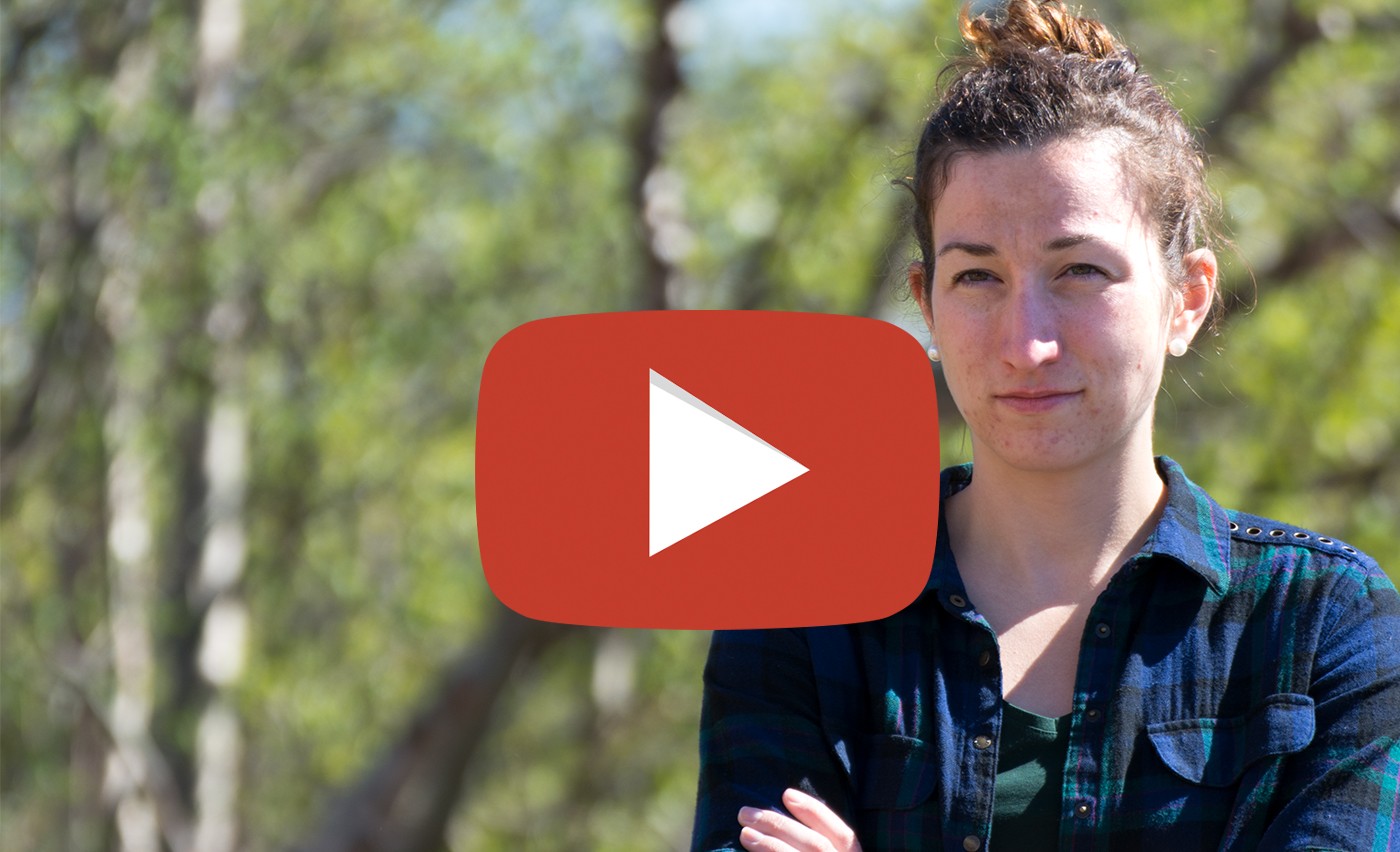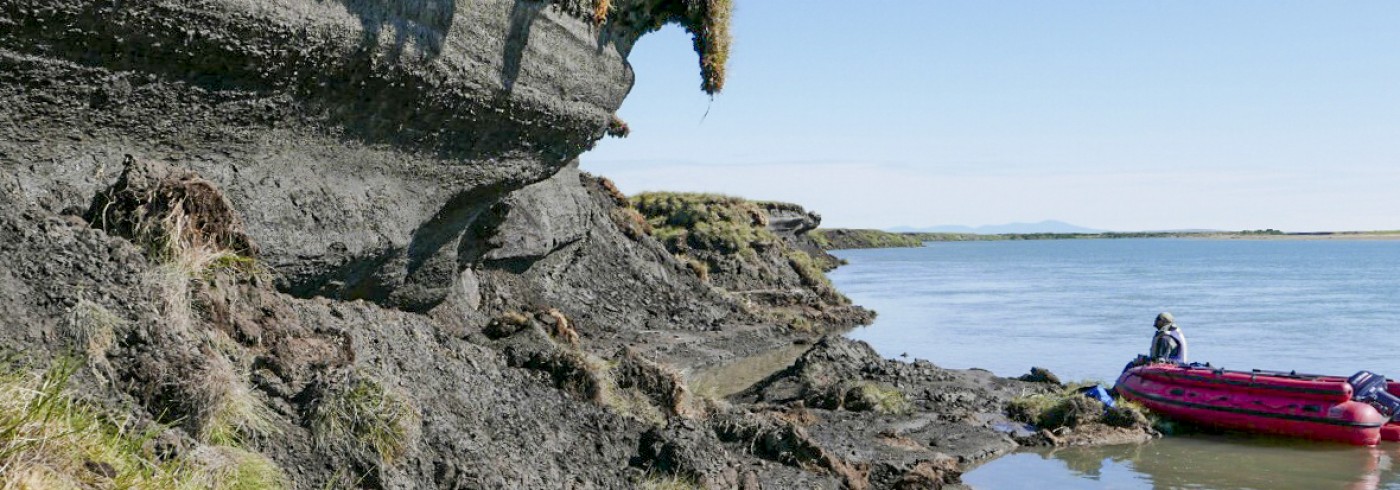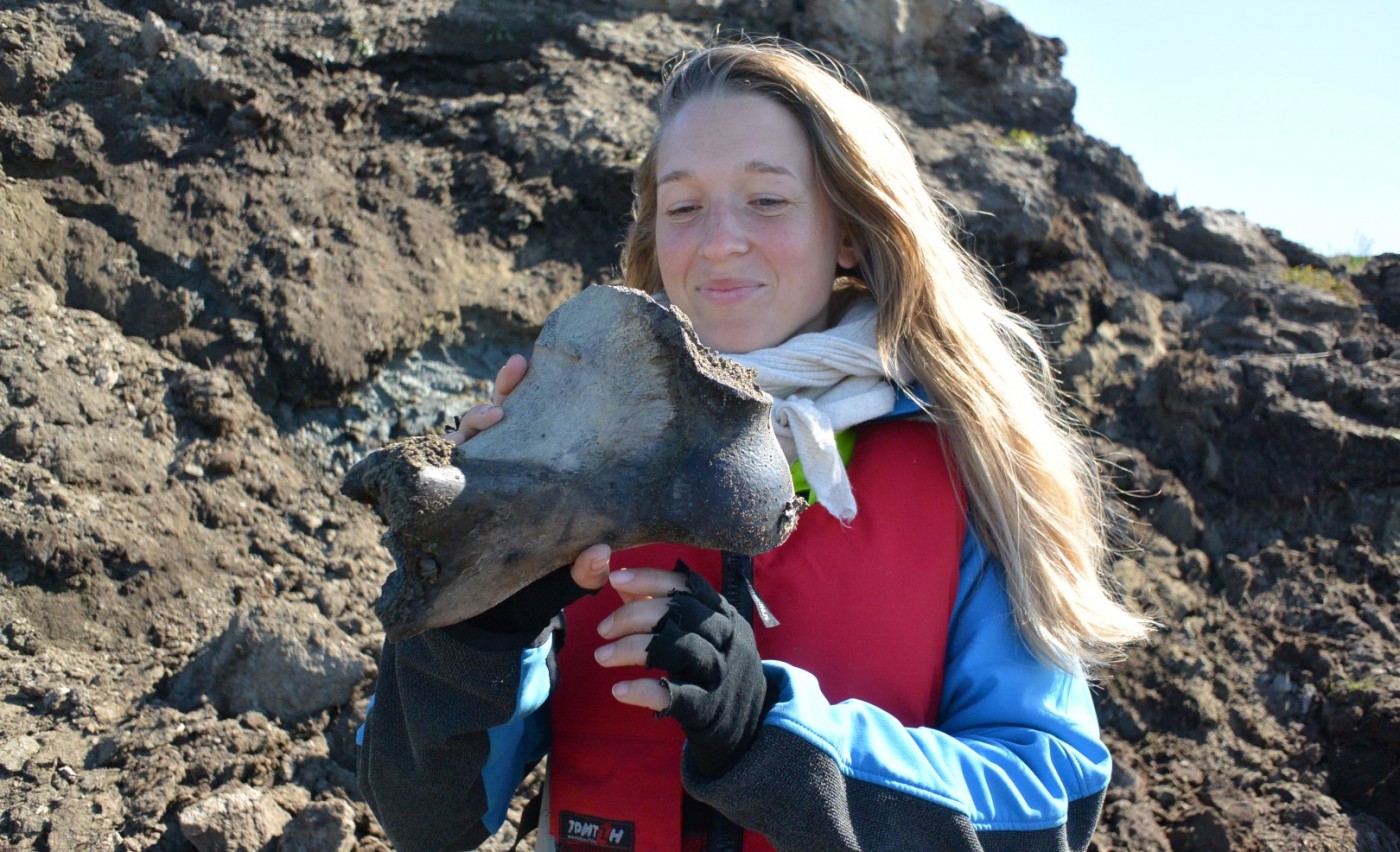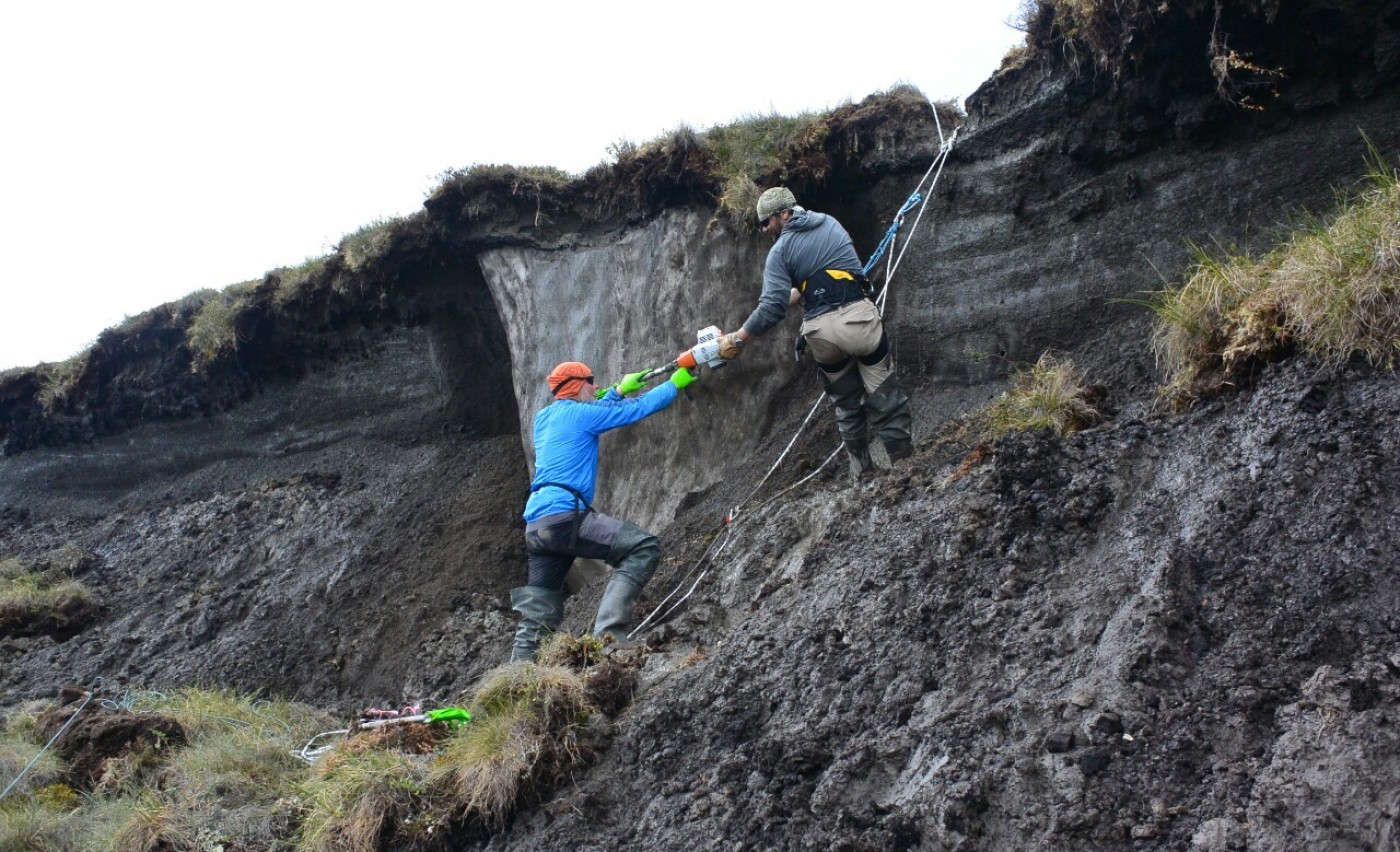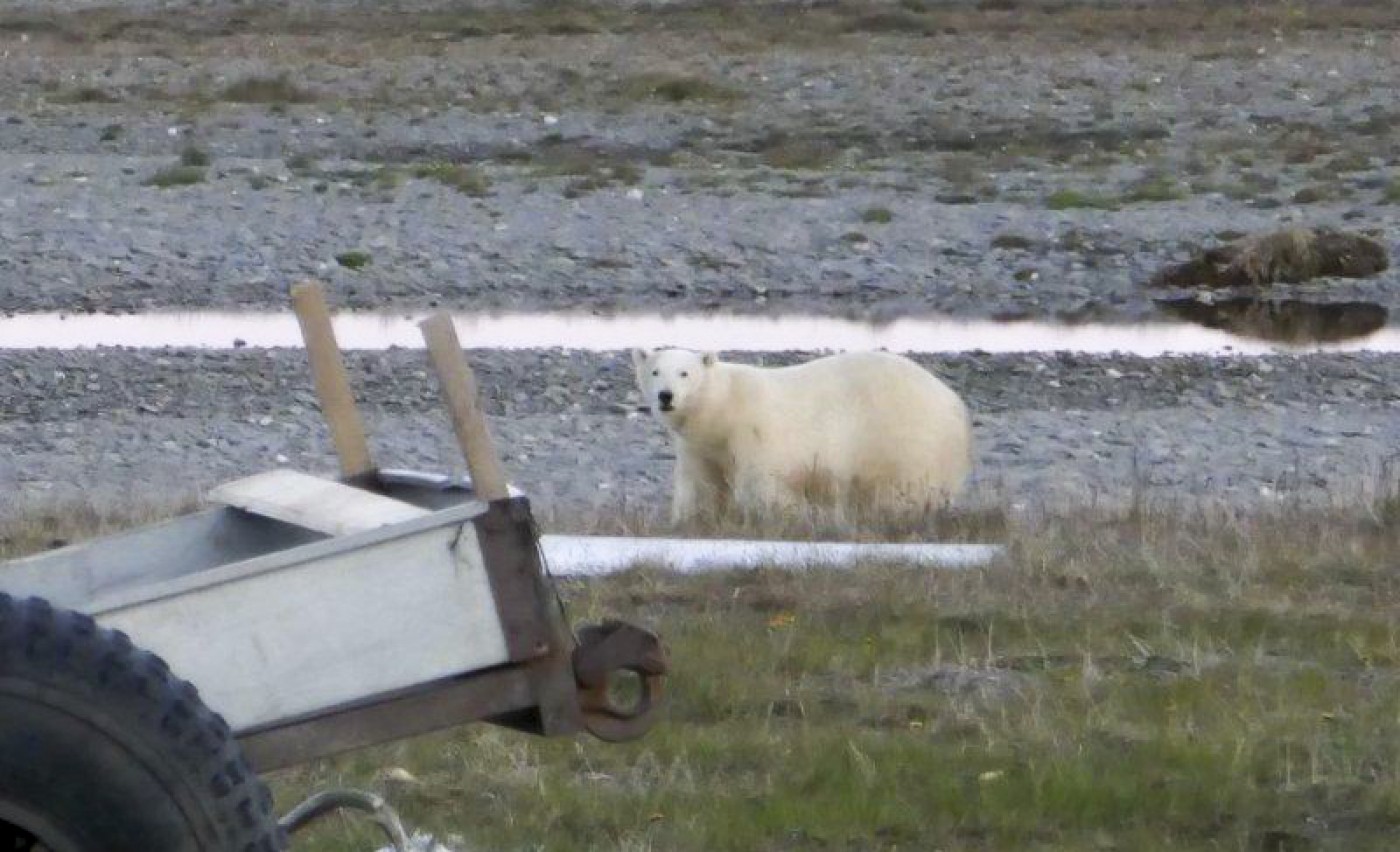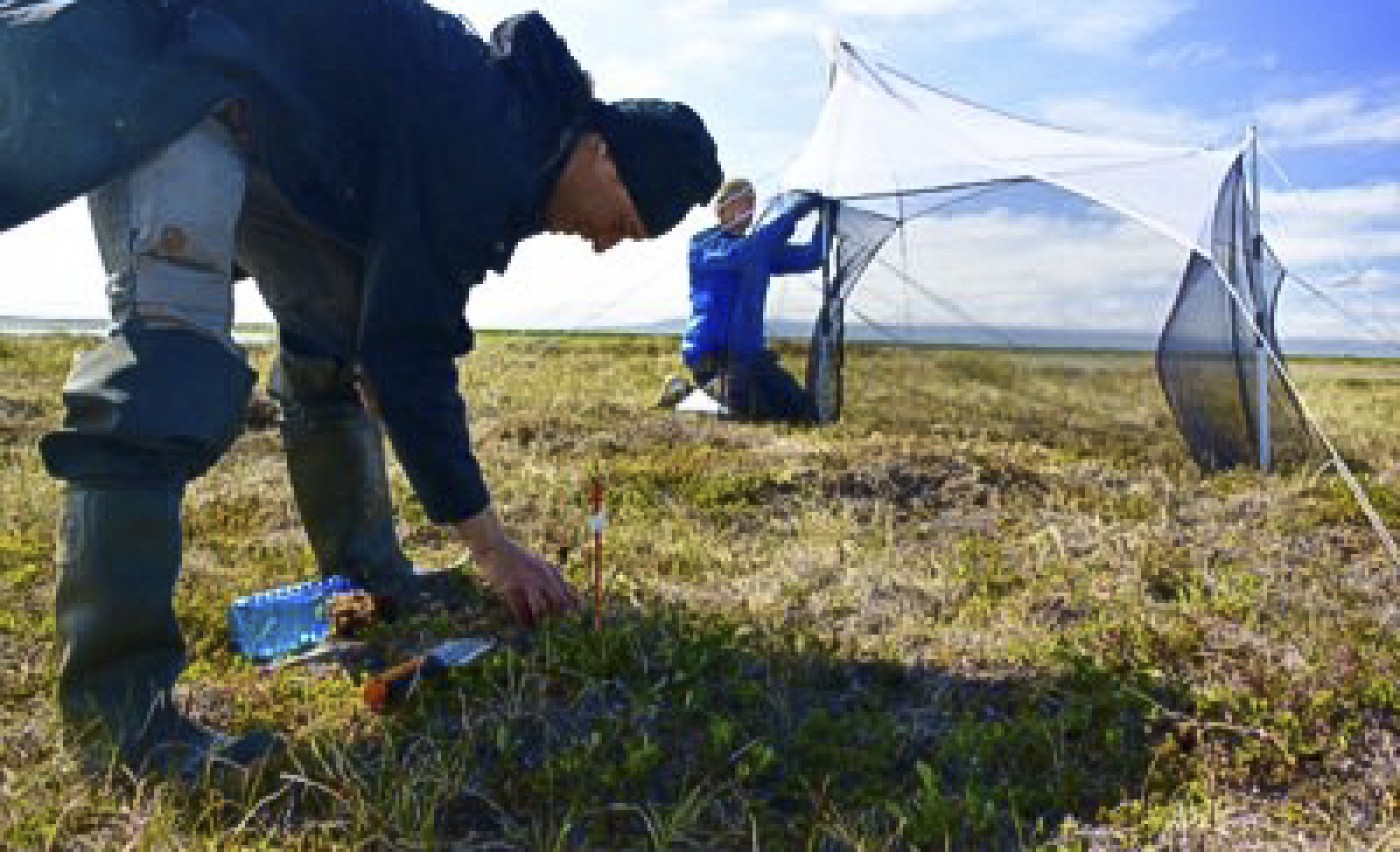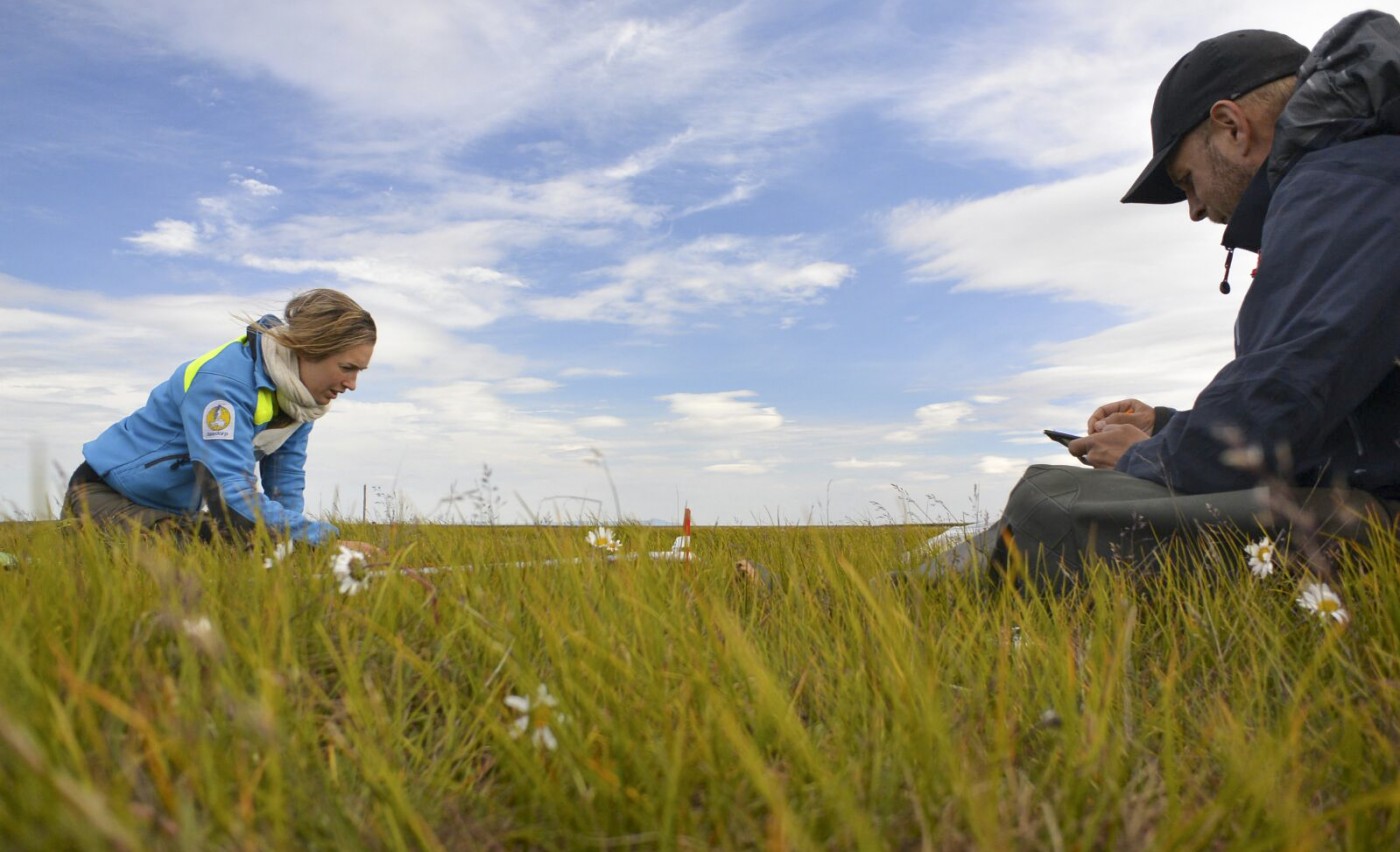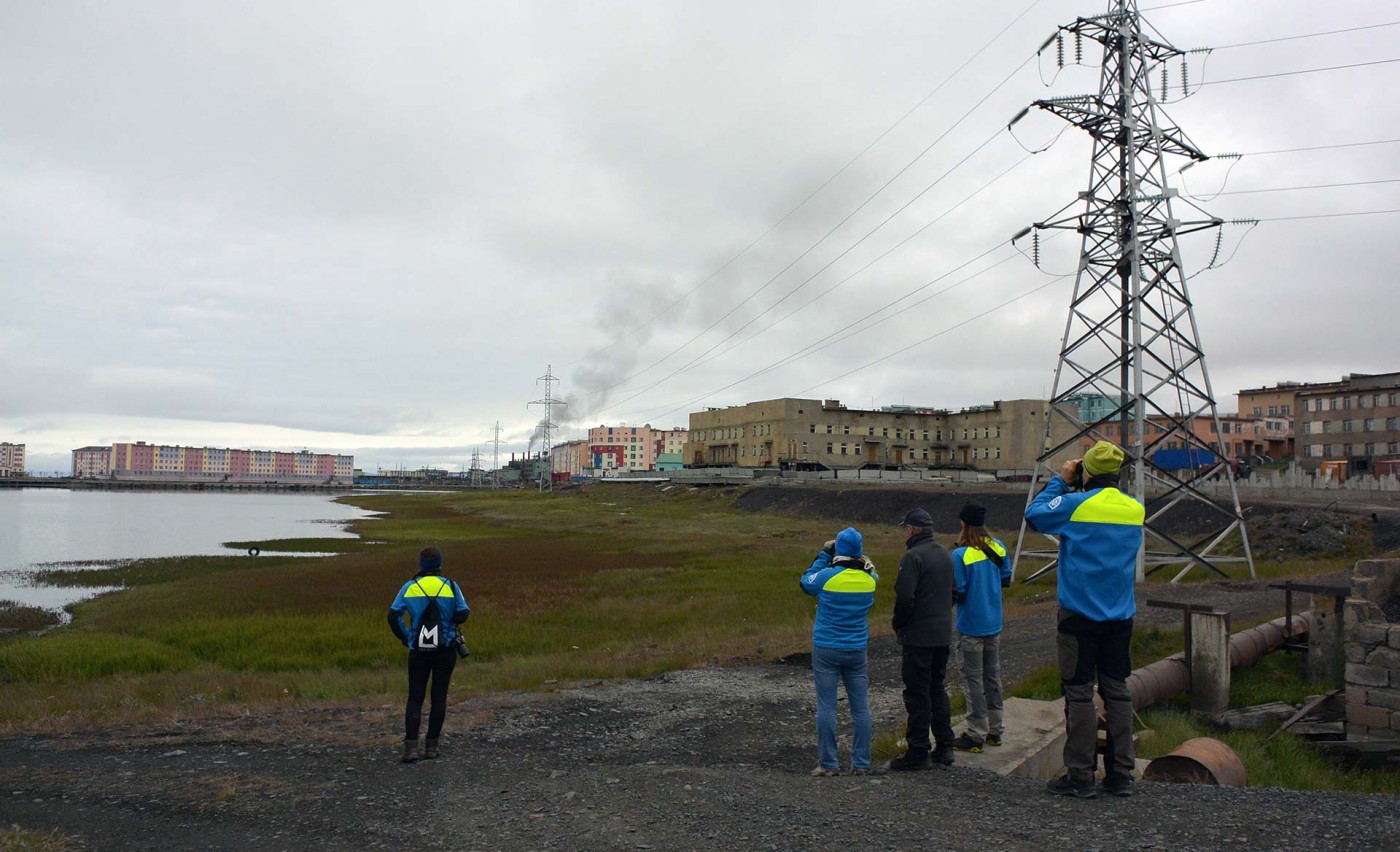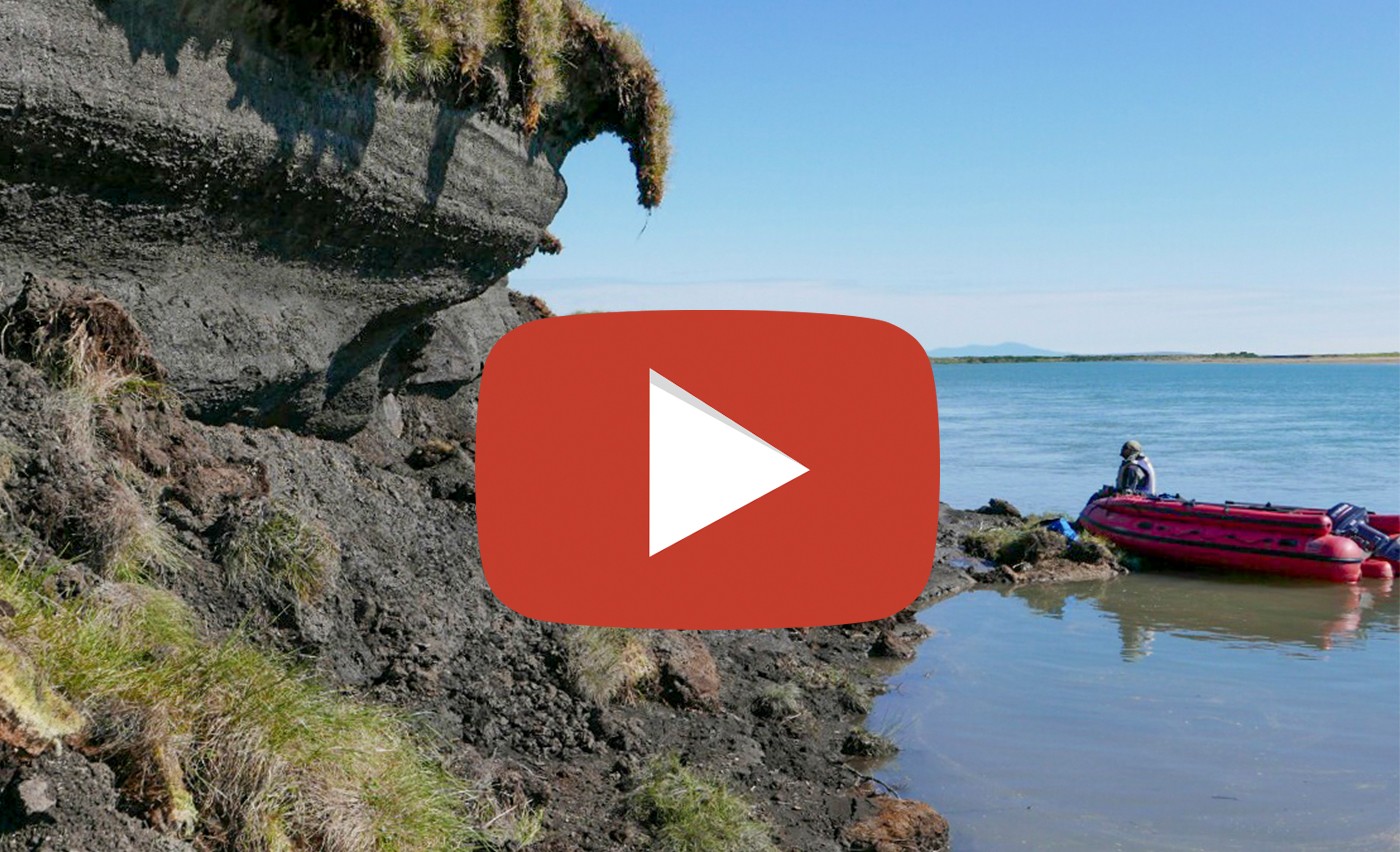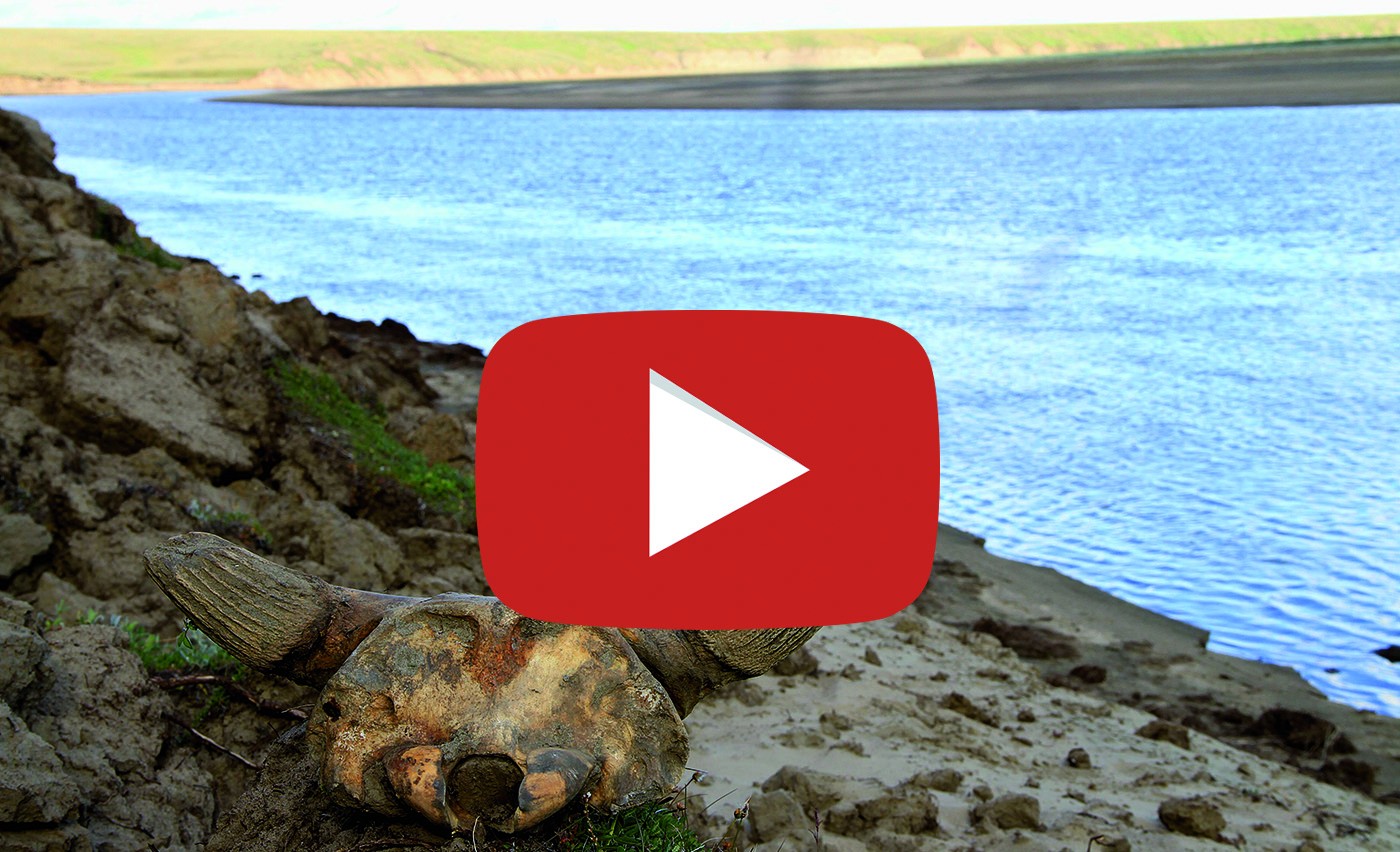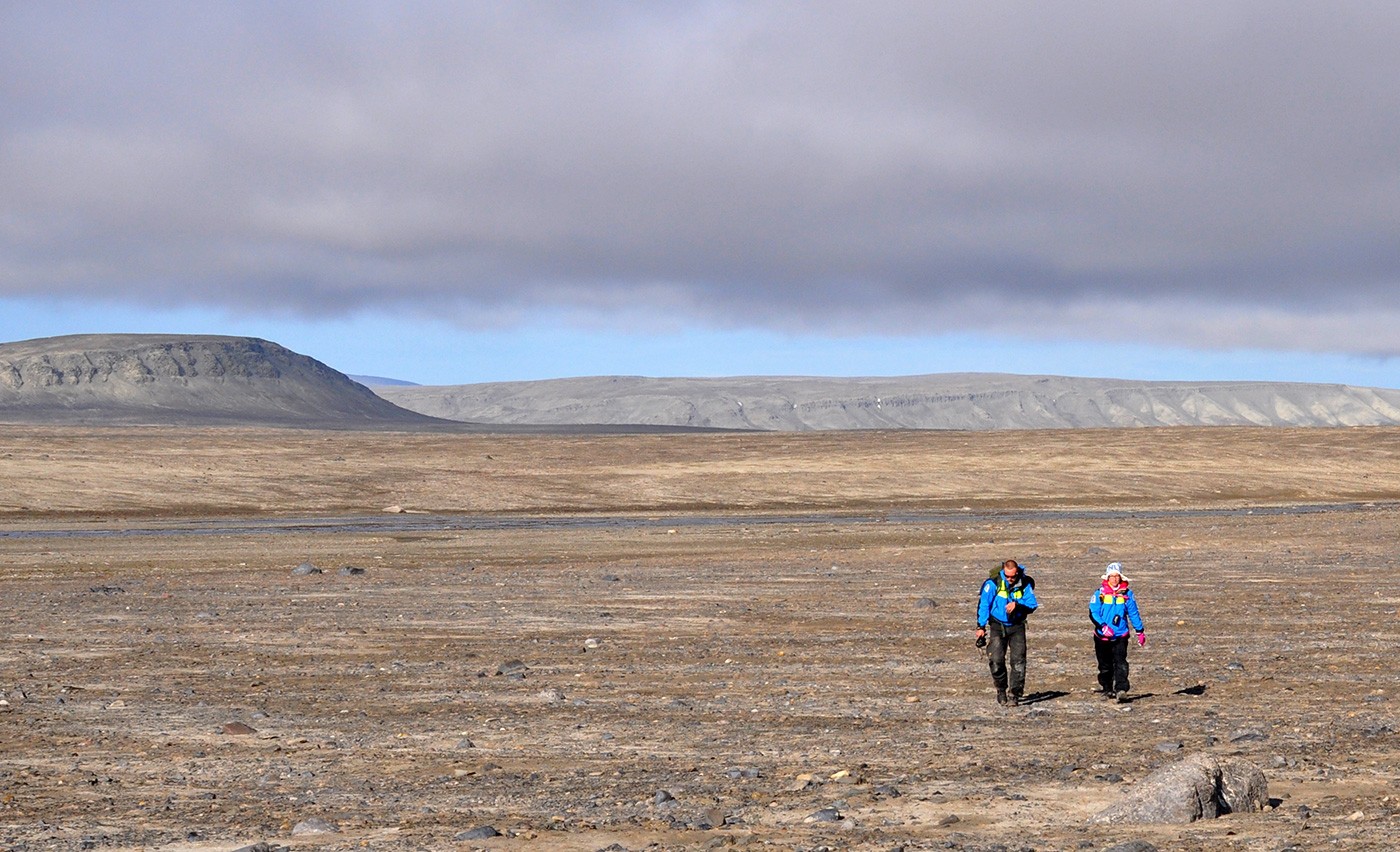This summer Patrícia Pečnerová from The Swedish Museum of Natural History, is going to Wrangel Island. Originally it was a small hill in the Siberian mainland, but about 10,000 years ago when the last Ice Age ended, sea level rose due to temperature rise and it became what we today know as the Wrangel Island.
What happens to species when the climate changes?
11 August 2017